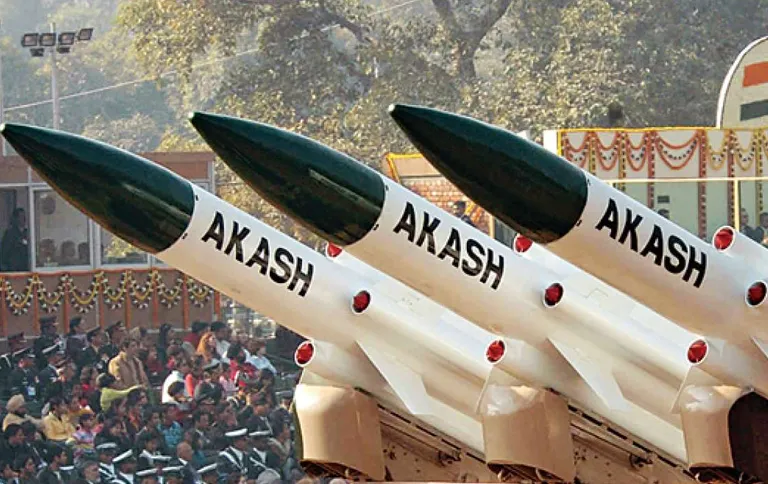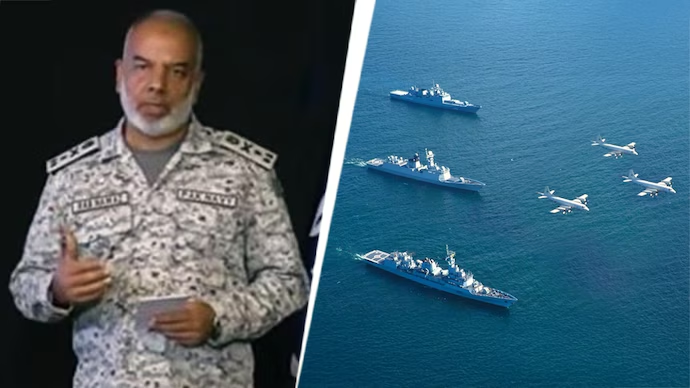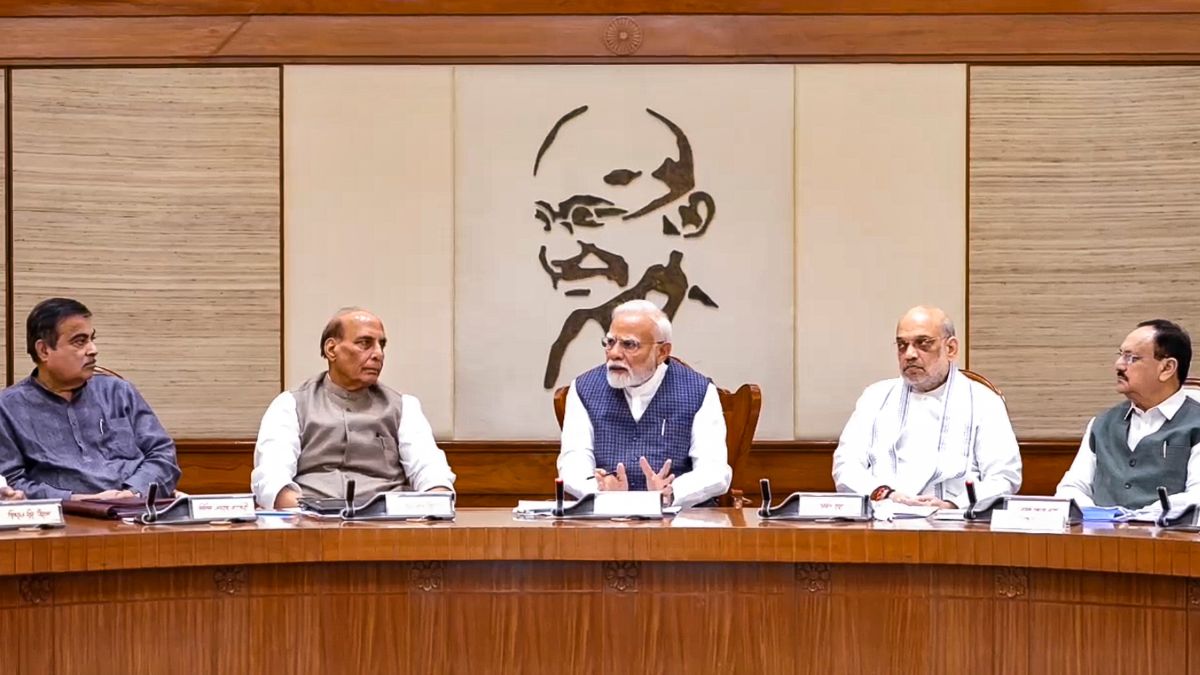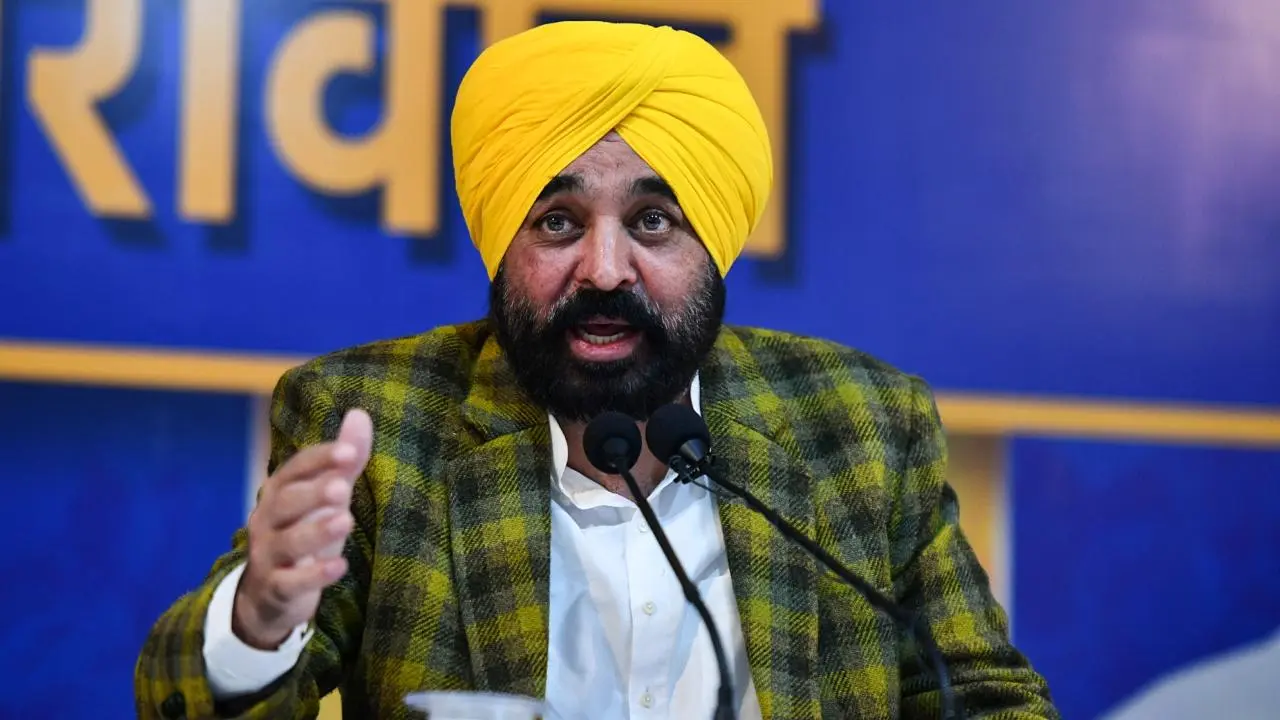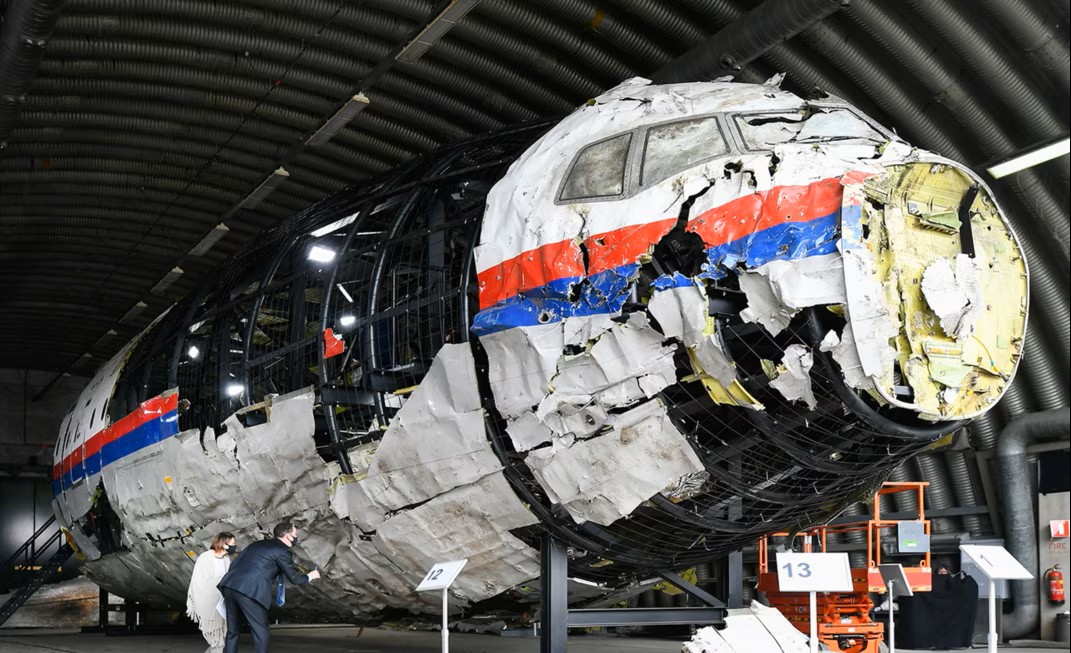
The Council of the International Civil Aviation Organization (ICAO), which is a UN agency, held Russia officially liable for the July 17, 2014 downing over eastern Ukraine of Malaysia Airlines Flight MH17 by means of resolution passed on May 13, 2025. The jet liner was heading from Amsterdam to Kuala Lumpur when it was destroyed over Ukrainian airspace controlled by pro-Russian militants with the killing of all 298 passengers onboard*. This historic judgment is a major breakthrough in global aviation responsibility and opens the door to potential compensation for the families of the victims.
Background of the Incident
In 2016, an international investigation led by the Netherlands concluded that MH17 was shot down by a Russian-provided Buk missile system, fired from Moscow-backed separatist-held territory in eastern Ukraine. Russia has always denied any role in the tragedy.
Legal Path and Jurisdiction
The action against Russia was filed by the governments of Australia and the Netherlands in 2022 and brought before the ICAO Council. The International Court of Justice was not an option because of Russia’s refusal to accept its jurisdiction
The ICAO Council established that Russia had committed a violation of the Chicago Convention, which is the convention underpinning international civil aviation. In particular, the Council held that Russia violated Article 3 bis of the Convention, under which no state may employ weapons against aircraft used in commercial civil flights.
This is the ICAO Council’s first adjudication of a state dispute, highlighting the severity of the infringement.
Responses and Future Action
Dutch Foreign Minister Caspar Veldkamp and Australian Foreign Minister Penny Wong both welcomed the decision. Both nations now call on the ICAO Council to bring about reparations talks with Russia.
Veldkamp underscored the necessity of good-faith negotiations under a specific timeline in order to make the outcomes effective. Wong appealed to Russia to own up to its responsibility and to abide by international law by offering reparations for its “horrific act of violence.”
Russia has yet to react to the Council’s decision, and the Russian Embassy in Australia would not comment immediately.
Implications for International Law
Australian National University international law specialist Don Rothwell said the ICAO Council has yet to publish the full rationale of its decision. But he indicated that calls for Russia to pay reparations” (damages) are on the cards.Implications for International Law
These reparations would be based on international law, as the Council has determined that Russia breached established global aviation standards. The case demonstrates the significance of international accountability and the role of civil aviation administration in incidents involving conflict.
Conclusion
The ICAO Council ruling is a historic diplomatic and legal milestone. It confirms Russia’s culpability in shooting down MH17 and establishes a precedent for future airline-related disputes. The Netherlands’ and Australia’s pressure for reparations, if successful, would restore some measure of justice to the families of the victims of the tragedy and solidify international norms of protection of civilian aircraft in armed conflicts.

